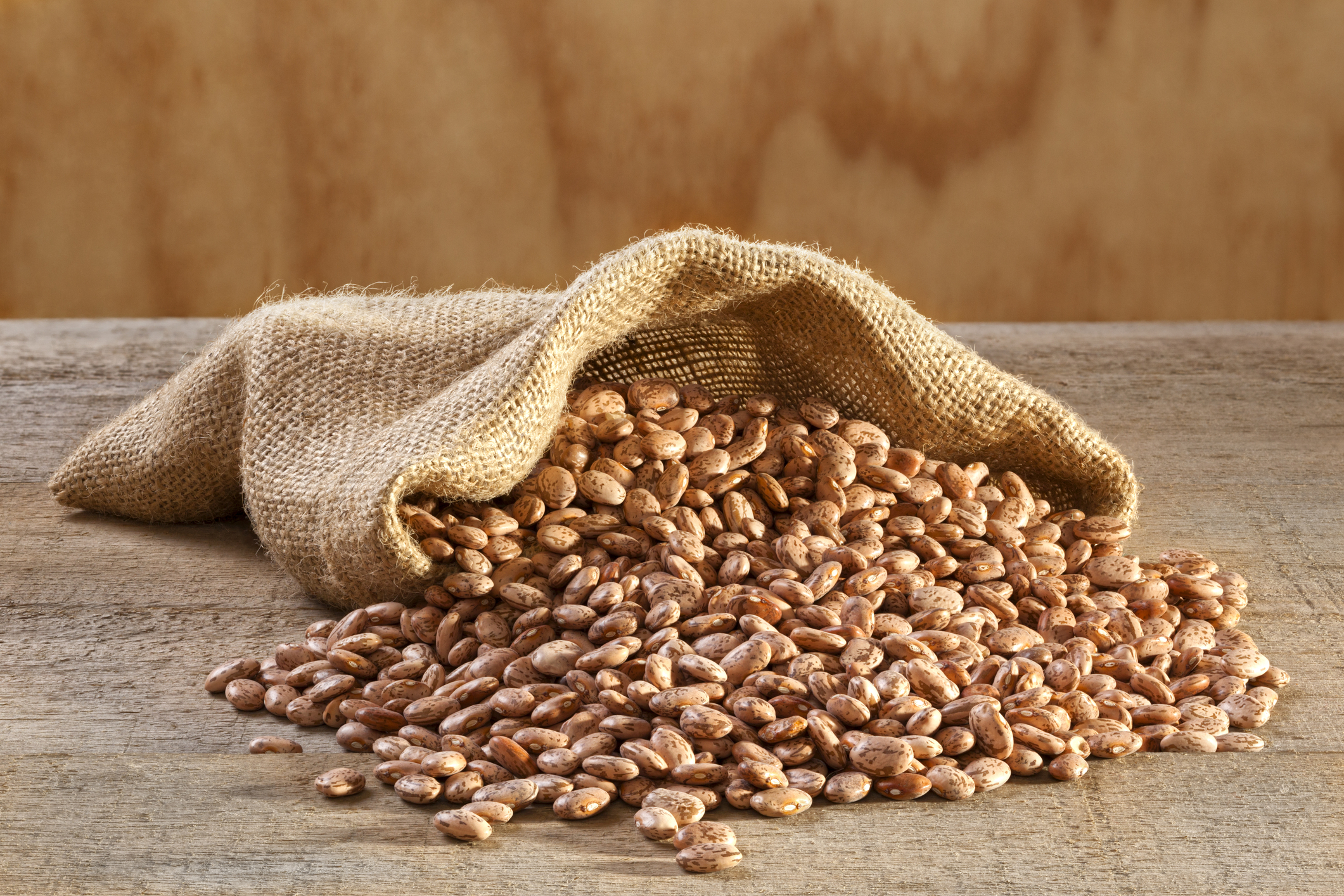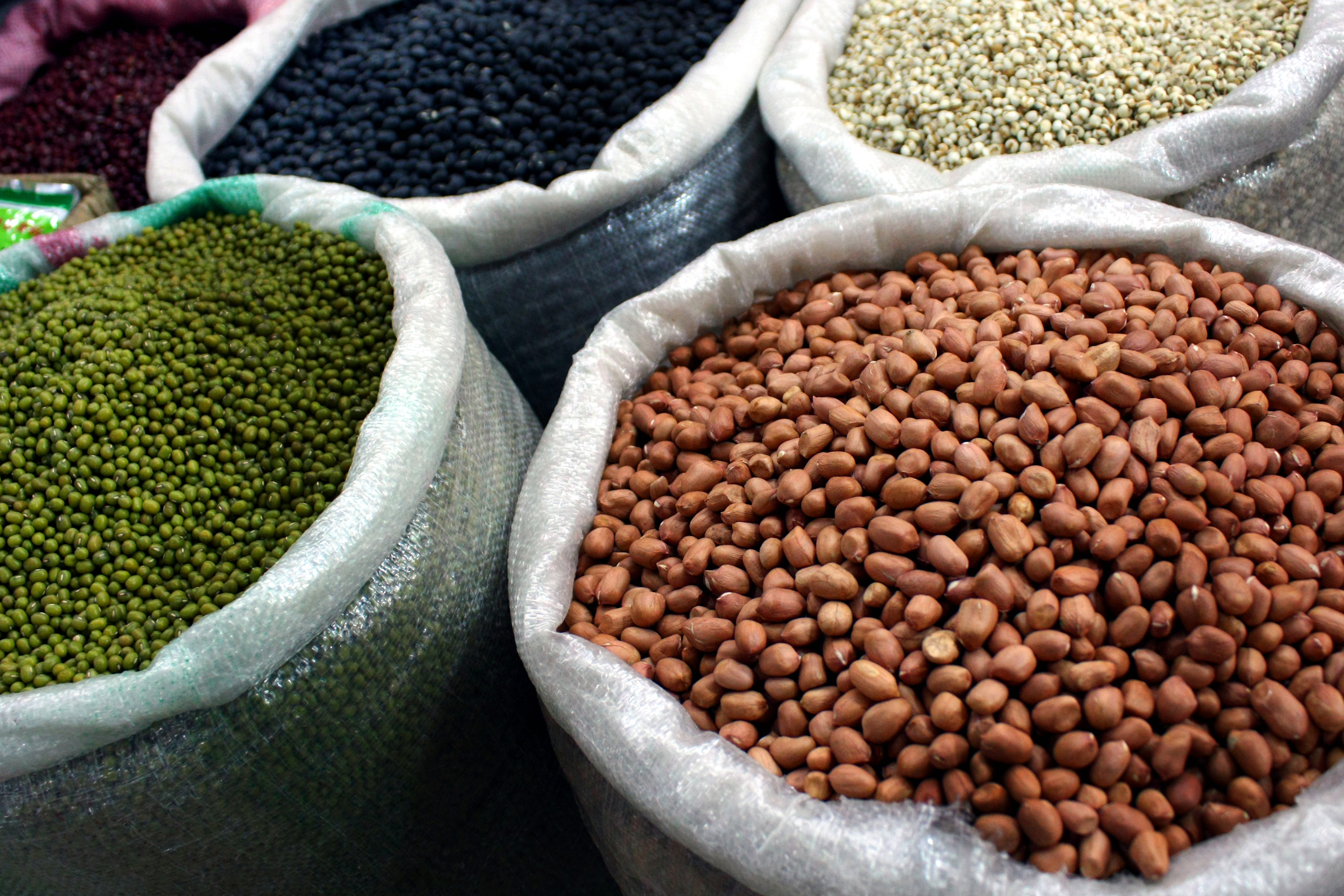Peeking into the World of the Mighty Lupini Beans: Top 5 Fascinating Facts
Embarking on a journey that will take us directly into the heart of the mighty Lupini bean, we commence by delving into its history. This bean species, known scientifically as Lupinus albus, has an impressive pedigree. Evidently, the cultivation of Lupini beans dates back to the ancient Roman and early Egyptian periods, around 2000 BCE. Historical references indicate that kingdoms cherished these beans for their nutritional value and used them during festivals as gifts to gods.
Lupini beans have been a popular snack in several Mediterranean and South American cultures over centuries. The name "Lupini" comes from the Latin "Lupus," meaning "wolf." This name imparts a clue to the beans' resilience and hardiness, as they can grow in harsh conditions akin to a wolf's survival instinct.
Interestingly, these beans are also connected with pagan traditions in Europe, where they were thrown into fields after ploughing, as a tribute to the gods for ensuring a successful harvest.
Unveiling their Nutritional Power

In the realm of nutrition, Lupini beans are unsung superheroes. Loaded with protein, dietary fiber, minerals, and vitamins, they pack a nutritional punch akin to some of the most revered superfoods. Consuming 100 grams of these beans can provide a staggering 36-52% of the daily recommended intake of protein.
Moreover, these beans are also low in oil content, almost negligible, making them an ideal food choice for people watching their weight or cholesterol levels. The high fiber content aids digestion, satiety, and helps in maintaining a healthy gut.
When it comes to vitamins, Lupini beans are rich in B-complex vitamins like thiamine, niacin, and folate. They are a particularly good source of the mineral manganese, which is essential for bone health and metabolism.
The Bitter Sweet Tale

Despite all their nutritional prowess, Lupini beans require careful preparation before consumption due to their naturally bitter taste. This bitterness, caused by a cocktail of alkaloids, could potentially cause mild to severe toxicity if not detoxified properly.
Traditionally, the bitter Lupini beans are soaked in water for a week or so, with water changed daily, to eliminate the bitterness. The procedure may vary from region to region, with some adding salt or employing different steeping times.
Through correct and measured preparation, Lupini beans outshine their bitterness, revealing a taste that's subtly sweet with a hint of nuttiness - a delightful payoff for patience.
Lupini Beans in Modern Day Cuisine

In line with modern dietary trends and preferences, Lupini beans are gaining momentum as a plant-based protein source. They are being incorporated in versatile ways into modern cuisines around the world.
In Mediterranean countries, they are traditionally served as a snack with beer. In Portugal, it’s not uncommon to find street vendors selling them. Their subtly sweet, nutty flavour makes them an excellent addition to salads, soups, stews, pasta dishes, and more.
Sustainability Aspect of Lupini Beans

The future of Lupini beans is not just limited to our plates. As the world grapples with climate change, these beans emerge as a viable solution in sustainable farming.
The Lupini plant's capability to improve soil fertility by fixing nitrogen from the atmosphere is being lauded by environmentalists and farmers alike. This enriches the soil, reduces the need for fertilizer, and significantly minimizes the carbon footprint in agriculture.
Moreover, the resilience of Lupini beans allows them to survive in poor, unfertile soils, making them a promising cultivar in regions with challenging agricultural conditions.
The Potential Future of Lupini Beans

The way ahead for Lupini beans seems bright and promising. With advancements in technology, researchers are exploring methods to reduce the soaking period required for detoxification – potentially making Lupini beans a more accessible food choice for the masses.
From a nutritional standpoint, their high protein and fiber content make them an attractive choice for the booming health and fitness industry. With the rising popularity of plant-based diets, Lupini beans are poised to become a staple in health-conscious cuisine.
Furthermore, the sustainable farming benefits of Lupini have also caught the attention of agricultural experts, envisioning a future where Lupini farming plays a significant role in combating climate change.